We were honored to present a panel of illustrious experts on Zero Waste—the issues, the challenges, the solutions—at the Delaware County Institute of Science on April 17th, 2023. The event was recorded by the Institute so you can revisit the talks here. But this will give you a brief synopsis of the evening.
What is Zero Waste
First up was Alex Danovich. Alex has 25 years of experience in Zero Waste and recycling, social enterprise development, planning, implementation, and policy. He’s a principal at Nothing Left to Waste, a consulting company that collaborates with municipalities, institutions, and nonprofits and is on the consulting team working with Delaware County on its Zero-Waste-focused 10-year solid waste management plan.
Alex is on the board of the Alliance of Mission Based Recyclers (AMBR) and is also the Director of Strategy and Business Development for Recycle Ann Arbor where is working to implement a city-wide immersive reuse system for food packaging and to-go containers. He shared about AMBR’s work, including this short film about how plastics trash recycling.
Alex gave this definition of Zero Waste, from the Zero Waste International Alliance: “The conservation of all resources by means of responsible production, consumption, reuse, and recovery of products, packaging, and materials without burning, and with no discharges to land, water, or air that threaten the environment or human health.” He also discussed the Zero Waste pyramid which expands on the notion of Reduce, Reuse, Recycle. At the top of this hierarchy is Rethink/Redesign. In other words, the best way to avoid waste is to not produce it in the first place—coming up with alternative designs and materials that are easily biodegradable, reusable, repairable, or returnable—rather than something which will just be trashed. Another crucial issue he raised was waste incineration. Alex shared this report on how better waste management is critical to curbing climate change, from the Global Alliance for Incinerator Alternatives (GAIA).
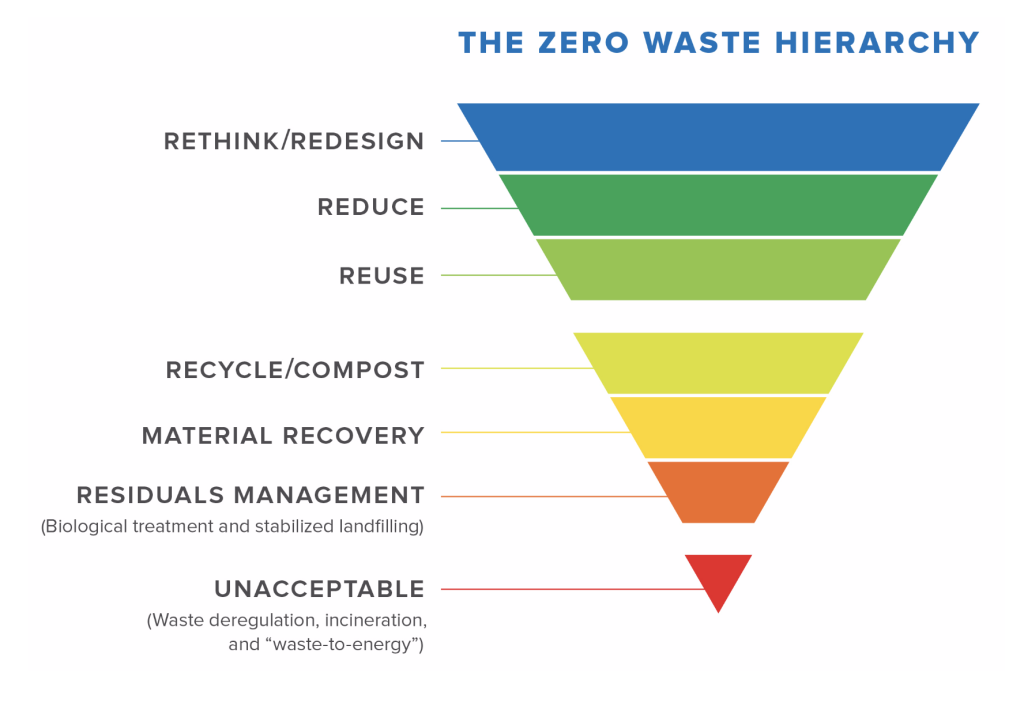
The Problem with Plastics
Faran Savitz is the Zero Waste Advocate for PennEnvironment and oversees their Zero Waste program. He is working to reduce plastic waste in Pennsylvania and to protect our parks and open spaces. Faran’s work has included helping to write and pass bans on single-use plastic across Pennsylvania, including in Philadelphia, Pittsburgh, and over a dozen other municipalities (including Media!). It promotes the Zero Waste PA package of legislation in Harrisburg, protecting major conservation laws like the Land and Water Conservation Fund, and publishing original research including the report Microplastics in Pennsylvania.
This is the first of its kind study on microplastics in Pennsylvania’s cleanest, most ecologically important streams. Faran took us through the current state of microplastics in our environment. Plastics don’t break down, they break up, into smaller and smaller pieces which then spread everywhere in our environment, in our water, in our food, and eventually in the bodies of all living things. To learn more about how to pass a single-use plastic ban in your community, check out this toolkit from PennEnvironment, or contact Faran directly.
Producer Responsibility and the Circular Economy
Erica Burman is a resident of Media Borough and grew up in Delaware County. She currently serves on the Media Environmental Advisory Council and is part of the Zero Waste working group, which worked on the recent single-use plastic ordinance passed by the Borough last year and advances Zero Waste objectives in the Borough.
She is also an organizer with Chester Residents Concerned for Quality Living (CRCQL pronounced “Circle”) which is fighting to end trash incineration in the City of Chester. It advocates for clean air and Zero Waste goals across Delco and the region. Erica has researched what’s known as Producer Responsibility; how manufacturers that produce items designed to be trashed should be held responsible for cleaning up that trash. The ultimate goal is to produce a Circular Economy, where everything that is produced, is designed to be recovered and reused so that all forms of waste are put to use and new resources need not be manufactured from new materials.
What’s Happening in Delaware County
Rebecca Yurkovich joined the Delaware County Office of Sustainability, in June 2022, serving as the Sustainability and Resilience Manager. Becca brings passion and experience to this role, previously serving as an Environmental and Community and Regional Planner in the Delaware County Planning Department, followed by three years as the Assistant Manager of Bethel Township, Delaware County, PA.
Prior to accepting the role in the Office of Sustainability, Becca was actively involved with the Delaware County Sustainability Commission serving as a municipal representative for 2 1/2 years. Besides her work with the Delco Sustainability Plan, she is organizing a Keep Delco Beautiful Advisory Committee, in affiliation with Keep PA Beautiful, to assist in planning our 5+ events each year centered around cleaning litter, reducing waste, and providing education. If interested or know someone who is, please email Becca.
Her current role is to collect, organize and make sense of the reams of data and analysis that are going into the Delco Sustainability Plan. The Plan has six interrelated focus areas: Climate Resilience, Natural Resources, Health and Wellbeing, Energy and Efficiencies, Transportation, and Zero Waste. Becca brought us up to date with the work already being done at the County level to make the County buildings shining examples of how to go Zero Waste. Learn all about the Plan at the June 8th Conference at Widener University: register here! Becca shared her presentation slides, which you can view here.
What’s Happening in Media Borough
Karen Taussig-Lux is the Grants Administrator and Project Manager for Media Borough. Many of her projects with the Borough relate to Zero Waste goals. She worked with the Media Environmental Advisory Council, Transition Town Greater Media, and Media Borough Council & Staff to plan and launch the Borough’s three-year residential food compost pilot program. In 2021 the Borough expanded the pilot to all Media Borough residents, combining food waste and yard waste into one collection program under Public Works: “Curbside Compost.”
Karen has also worked extensively on the Borough Recycling program for both residents and businesses. She closed out our panel presentations with the two delightful composting videos, created for the Borough by resident film maker, Rich Hoffmann: Gotta Getta Bucket and Eureka, Black Gold!
What’s Next
The inevitable conclusion when it comes to Zero Waste is that it requires a cultural shift: a shift from a throw-away culture to a Zero Waste culture. Change needs to happen at each level. Producers need to stop making single-use products out of toxic materials that don’t decompose.
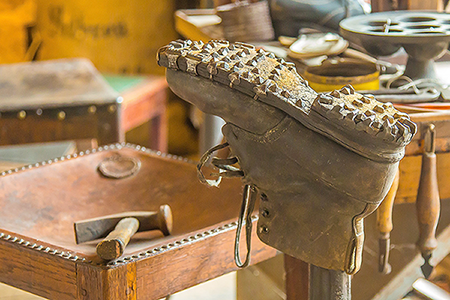
Governments need to create legislation and facilities that encourages reuse, return, and recapture of materials at the end of their life. Individuals need to rethink what they buy and consider what alternatives they can find that are less wasteful—or consider not buying it at all. Get what you need from a FreeStore or a Buy Nothing group.
Use every item multiple times. If you no longer need or want it, consider repurposing it for another use or donate it so that someone else can use it. If it breaks, see if you can repair it. Compost your food and yard waste so that it creates new soil rather than creating methane and other toxic gases in a landfill or incinerator. Buy from stores that use little packaging or speak to the manager about providing less packaging. Work with your local government to make it easier for others to reduce their waste so that the power of community can multiply your efforts.
Check out all the links above to learn more about Zero Waste. Support your local companies, organizations, and communities that are working towards a Zero Waste lifestyle. If this is an issue you’d like to work on, let us know!


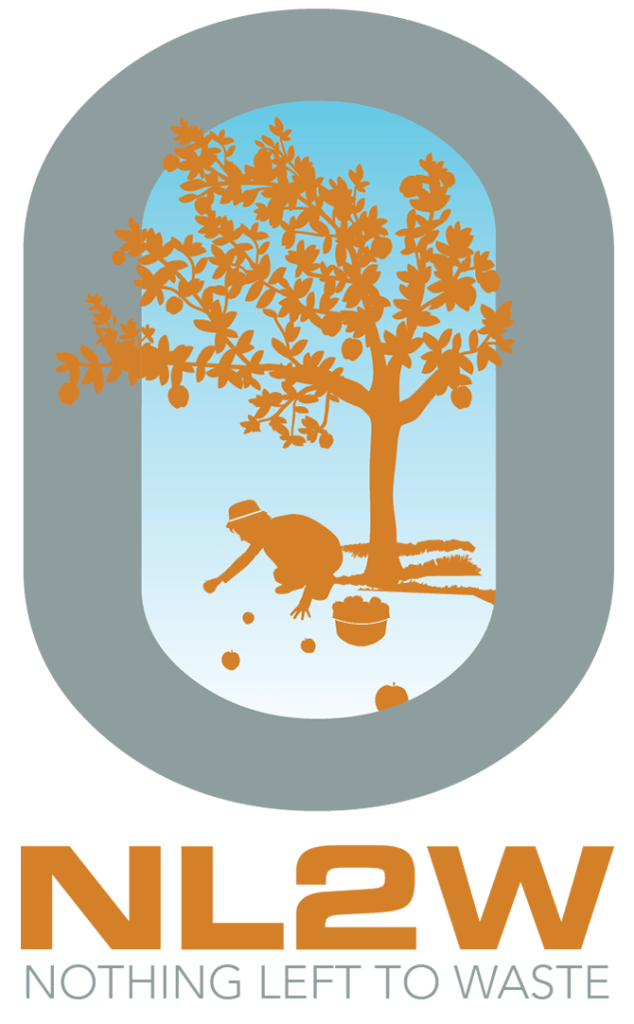

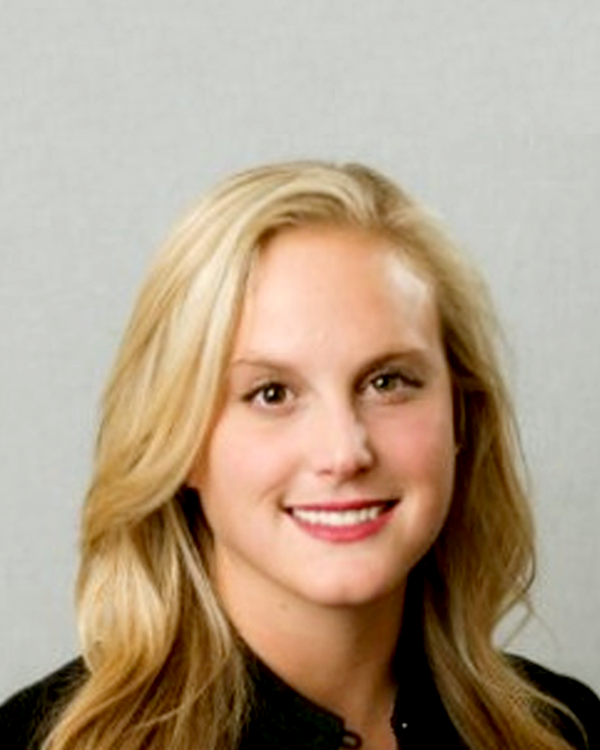
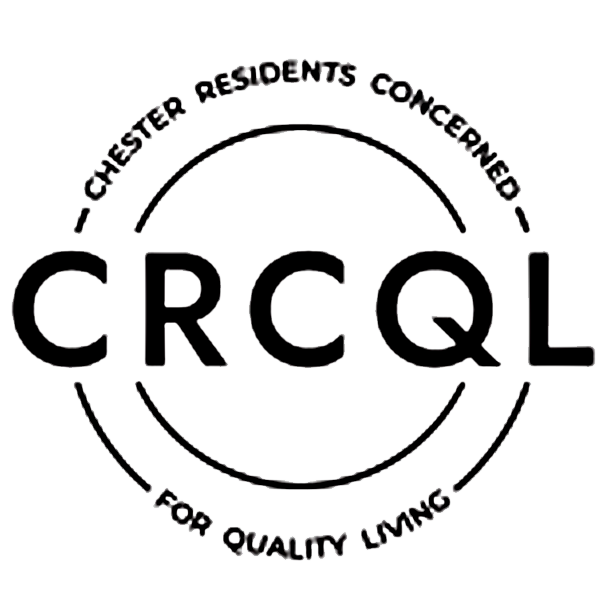
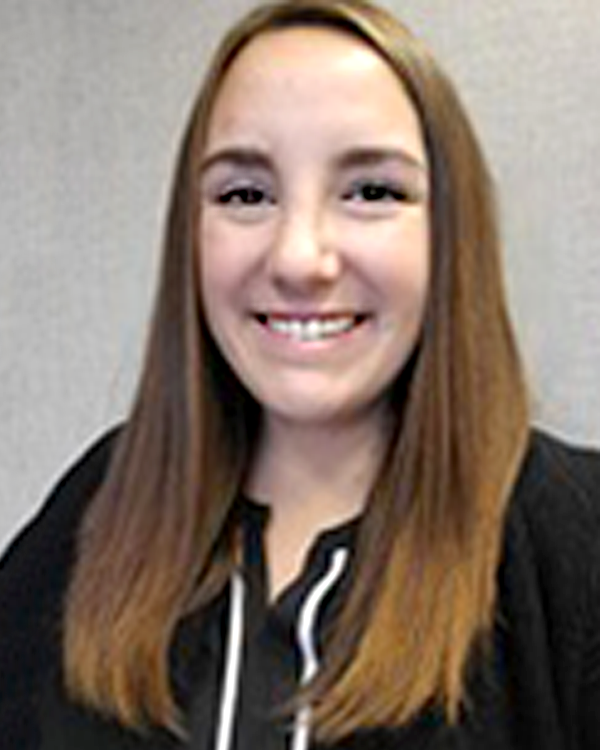
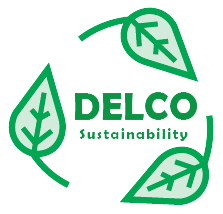


Leave a Reply